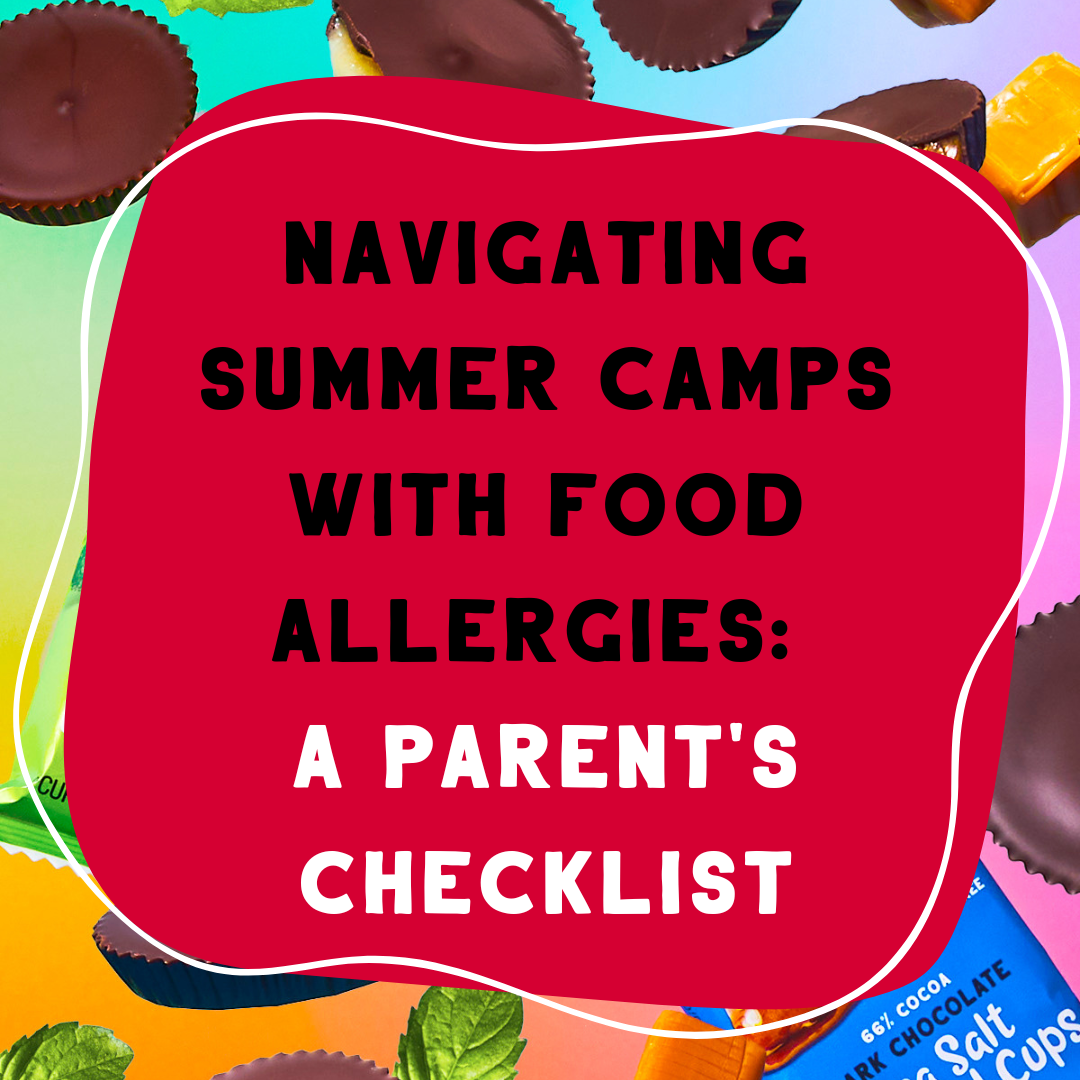

Navigating Summer Camps with Food Allergies: A Parent's Checklist
A practical list of what to ask, pack, and prepare to help your child thrive safely at summer camp—whether it’s day camp or overnight.
Summer camp is all about adventure, growth, and fun. Whether your child is heading off to day camp or packing for an overnight stay, it’s a chance for independence, new friendships, and unforgettable memories.
And if your child has food allergies? It just means packing a bit more intentionally and having a few extra conversations to ensure they’re safe, confident, and included throughout the experience.
Here’s a simple, practical checklist to help you feel prepared as a food allergy parent during camp season.
1. Ask the Right Questions Upfront
Before registration or once your child is enrolled, reach out to the camp director or nurse to gather important details. Some helpful questions to ask:
- Do you have experience managing campers with food allergies?
- How are meals and snacks handled (on-site or off-site)?
- Is the kitchen nut-free or allergen aware?
- Are staff trained to recognize allergic reactions and use epinephrine?
- Where is my child’s medication stored—and who can access it?
Get specifics in writing when possible, and don’t hesitate to follow up if anything feels unclear.
2. Pack Smart and Allergy Friendly
Whether your child’s camp provides food or asks you to pack it, having safe options on hand makes a big difference. Make sure to include:
- Clearly labeled, allergy safe snacks (like Free2b Sunflower Butter Single Cups)
- Reusable containers labeled with your child’s name
- A water bottle
- A laminated food allergy card for quick reference
If it’s an overnight camp, consider sending a small stash of shelf-stable treats your child can enjoy during campfires or group snacks.
3. Review and Pack Medications
Double-check expiration dates and pack the following in a clearly labeled bag or case:
- At least two epinephrine devices
- Any antihistamines or prescribed medications
- Your child’s Emergency Care Plan (signed by their doctor)
Make sure the camp staff knows where these are stored and how to use them. If your child is old enough, empower them to carry their medication (if permitted).
4. Communicate with Camp Staff
A quick call or email can go a long way in creating a supportive environment. Provide:
- A one-page summary of your child’s allergy and action plan
- Any specific do’s and don’ts for food or activities
- Your contact info for emergencies
Be friendly and collaborative—most camp staff are happy to help and just need a little guidance.
5. Prepare Your Child
Help your child feel confident and equipped to manage their allergies. Depending on their age, you might:
- Review how to ask about ingredients or say, “No thank you, I have a food allergy.”
- Practice what to do if they feel unwell
- Roleplay different scenarios in a low-pressure way
Let them know that you’ve already spoken to the camp and that they can always ask a trusted adult if they’re unsure about a snack or meal.
6. Add Safety Extras (Just in Case)
Some simple extras can help your child stay safe and comfortable:
- Disinfectant wipes to clean hands and surfaces before meals
- Allergy alert bracelets or necklace (if they wear one)
- A safe treat for any group celebrations (like birthdays)
- Sunscreen and bug spray that are free from food-based ingredients (like nut oils)
Final Thoughts
Summer camp can be an amazing experience for kids with food allergies—with just a bit of prep. By asking questions, packing wisely, and communicating openly, you’re setting your child up for fun, freedom, and confidence.
And when it comes to allergy friendly snacks they’ll actually be excited about? Free2b is here to help. Our delicious treats are made in a facility free from the top 9 allergens (plus corn, mustard, and sulfites)—perfect for backpacks, bunk beds, or s’mores around the campfire.
